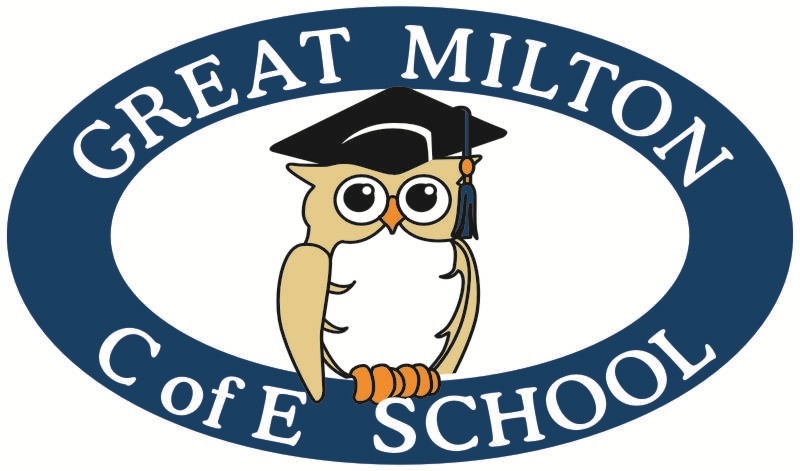Science
‘Let all you do be done in love’
1 Corinthians 16:14
Science at Great Milton C of E Primary School
Intent
At Great Milton C of E Primary School we believe three things underpin science teaching and learning:
‘Enquire, Explore, Enjoy’
Here at Great Milton, we want all our children to LOVE Science.
Our aim is to provide every child with experiences which enable them to become inquisitive scientific learners, supporting them to recognise the importance of Science in everyday life and who develop positive attitudes towards Science. Through our Science teaching we aim to increase children’s knowledge and understanding of the world around them, equipping them with a range of scientific skills through different processes of enquiry.
The National Curriculum states that through high-quality Science education pupils should be taught essential aspects of the knowledge, methods, processes and uses of Science. Through building up a body of key foundational knowledge and concepts, pupils should be encouraged to recognise the power of rational explanation and develop a sense of excitement and curiosity about natural phenomena. They should be encouraged to understand how Science can be used to explain what is occurring, predict how things will behave, and analyse causes
Ultimately, we want our children to not only be equipped with the requirements of the Science National Curriculum, but to have a real enthusiasm for Science and a sense of achievement within the subject. Our aim in teaching Science is to encourage all children to think that Science is important and relevant to their lives, now and in the future. Through our teaching of Science, we aim to build upon children’s natural curiosity of the world around them and to provide as many opportunities as possible for children to experience the awe and wonder of the natural world. Consequently, our resulting aim is for the children to believe that they can become the scientists of the future and initiate the goal within them to improve their lives and life chances.
At Great Milton C of E Primary School we believe that supporting and sharing the children's Science experience can happen at home too! Have a look at some of our suggestions for you to try with your children. We look forward to hearing about all the fun you have together!
Here are some fantastic websites for you and your children to explore:
What's happening in the classrooms this term?
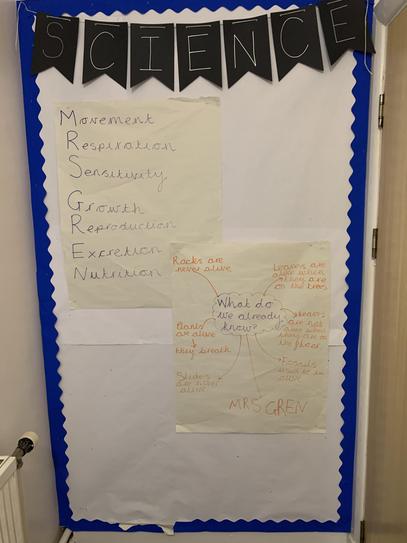 |
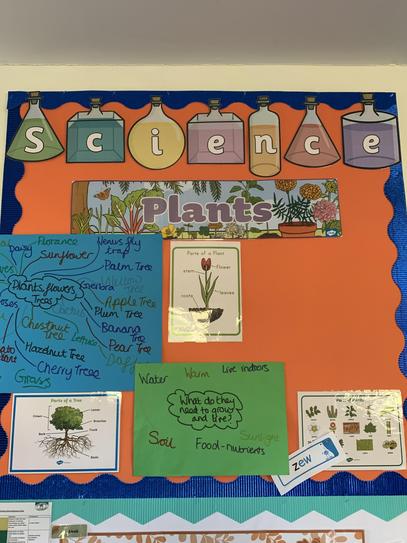 |
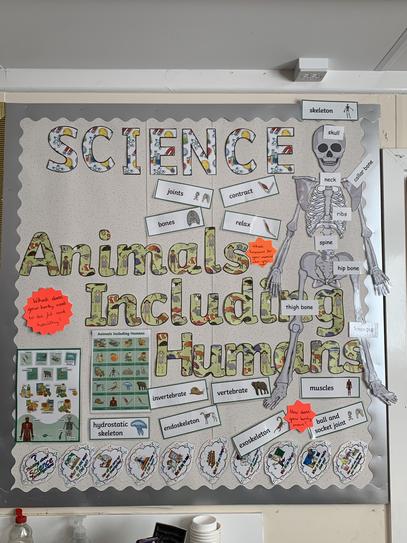 |
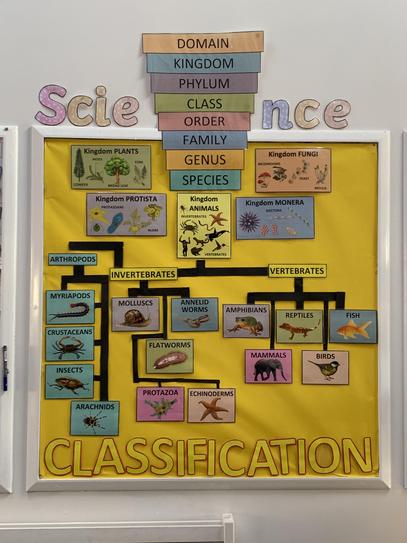 |
RAF Youth STEM Glider Challenge - Friday 3rd March 2023
Eagle and Hawk Owls took part in a Live Stream event organised by Smallpeice Trust. The Trust work with the RAF to fuel a passion for engineering. They want young people who are into science, technology, engineering and maths to live in a world that celebrates their passion and supports their vision for the future.
Interesting Fact: the RAF is 60% engineers with many more personnel requiring STEM skills to deliver their roles.
The children learnt about the different wing and tail shapes and what advantages they gave to the glider,. They were given the opportunity to choose from these to design three different gliders. Once this was completed, the children made each design and tested their ability to fly, while measuring the distance and time to calculate their speed.
Take a look at the photos in our Gallery.
Watch carefully!
Science Week 2021
How safe do you think the egg will be in this vehicle? Watch what happens to the egg.
What changes would you suggest?
What do you think was their main focus?
National Curriculum: Science programmes of study The national curriculum for science aims to ensure that all pupils: develop scientific knowledge and conceptual understanding through the specific disciplines of biology, chemistry and physics develop understanding of the nature, processes and methods of science through different types of science enquiries that help them to answer scientific questions about the world around them are equipped with the scientific knowledge required to understand the uses and implications of science, today and for the future
